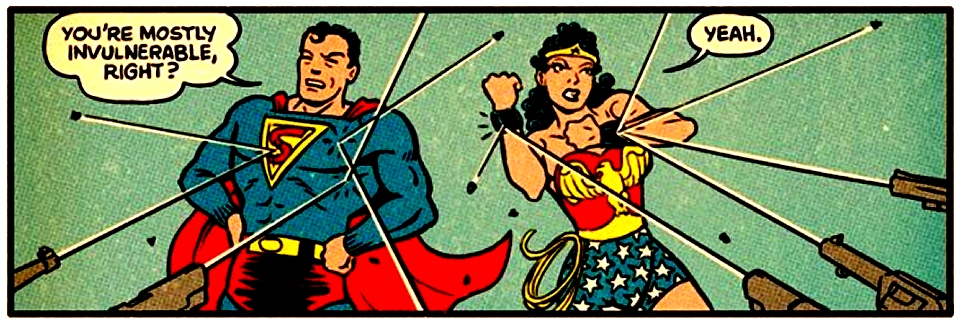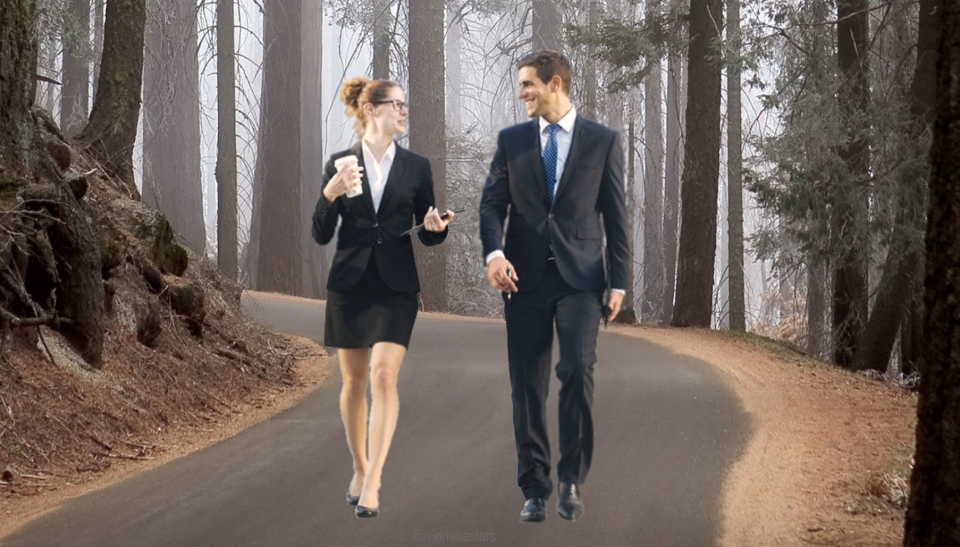Every now and then life can get and when you’re feeling the pressure of life smothering you, thankfully there are many places you can turn for a helping hand. Seeking out a coach, consultant, counselor who may possess insight from the spectrum of life anywhere from being a member of the clergy to a strictly-schooled psychotherapist and anywhere in between, you can find some relief in seeking a counselor as a helper for you.
You don’t have to go it alone.
As you seek out someone to help you get a grip on life, be aware that all therapists are not created equal. Just as in any other profession or ministry there are good ones and some that are not so good. As you work with someone in a therapeutic relationship, take time periodically to pause and evaluate your progress for yourself.
Your work with anyone in a therapeutic relationship should yield measurable positive results and changes in your life.
You must see demonstrable results and growth, such as better health, and increased sense of self confidences, a growing awareness about where you are in your life journey, and finding the right fit for you with all your strengths and weaknesses to fit better into life relationships amidst your family, among your friends, your social circles in the community and beyond.
You should be more confident, stepping into your personal power, making better decisions, taking positive steps toward changing your life for the better. Things are starting to come together.
You are feeling less stress and your burdens are decreasing as you are empowered to take a more active role in your life. You are beginning to move into the driver’s seat, no longer just a passenger being victimized by this life.
Your finances are improving, as is your general outlook on life. You are feeling better, having a more positive outlook on life, and feeling the power of love energetically expanding all around you, even if you are unaware that the source of all love and life is within you, and always has been.
Your journey to wellness, personal growth, and empowerment can be born from your therapeutic relationship, but be aware, that there are many options available to you. One therapist who might have gotten you through one crisis or phase of personal growth may not be able to take you to the next.
Check and ask yourself if your life is positively changing, are you energetically expanding, is your personal awareness expanding between visits?
If your life is stagnant and there is little or no positive life-change happening during your work with a coach, consultant, counselor, or member of the clergy, then you need to find a better fit for you at this stage in your life.
I work with many people in the field and no one takes it personally when a client moves to another coach. In fact, your therapist, counselor, or accountability partner should also be tracking your progress. If he or she notices you are not achieving positive results from his or her work with you, you should be referred to someone who might be a better fit for you.
Different counselors have varying areas of specialization, therapeutic perspective, personal style, and methods of delivery. Find the one that resonates with you, for now.
Once you have progressed beyond this phase of your life, it may be time to find someone better suited for your next phase.
If the person you are working with is providing you with the positive results you desire, if your life has leveled off and there are no signs of your making it better, if you feel afraid, intimidated, or bullied, seek out someone else to work with.
If you are feeling a romantic inclination toward your therapist or counselor (actually, this is quite normal) talk to him or her about it. Do not hide it, allow it to grow into a fantasy or full-blown obsession, or act on it in any way. Talk your way through it.
And if your therapist or counselor expresses any romantic interest in you, run the other way. This is a clear violation of the therapeutic relationship.
A clear separation must be maintained to prevent the therapeutic relationship from becoming toxic with tragic results. This would not be the standard expectation if historically the statistics didn’t prevail overwhelmingly disclosing how devasting crossing this boundary can be.
An effective ethical counselor may be friendly but not your friend. You don’t hang out, are not on the same volleyball team, and do not exchange gifts. Respect this relationship and keep it pure for your highest and best results.
You are the master of your fate, and the right accountability partner can help you get from where you are to where you want to be expediently.
Are you ready to change your life?
Are you ready to take action?
Are you ready to do the work?
Then your life is already starting to change.
You are beginning a sacred metamorphosis.
God bless you on your journey to new life.







